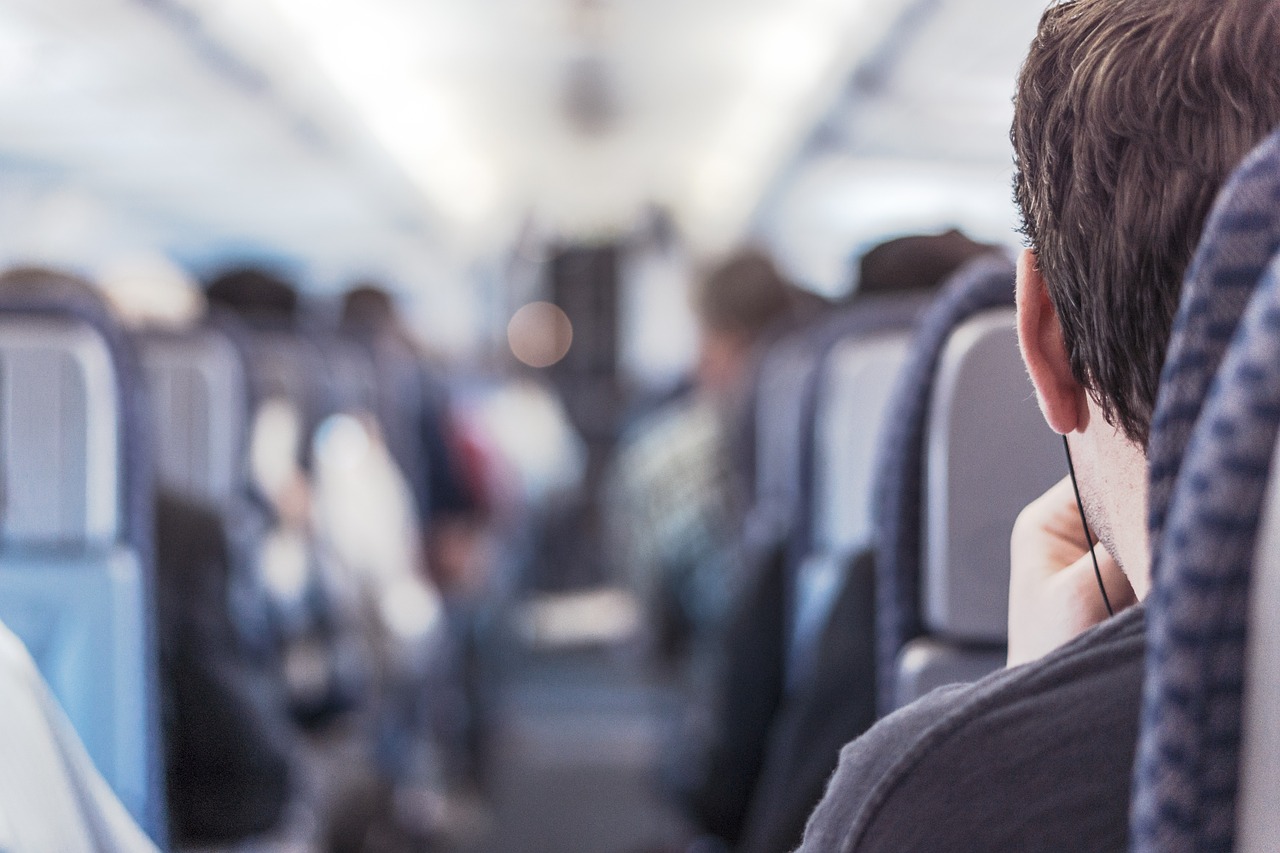For speedy boarding, United is switching back to WILMA on October 26th. It lets them save (maybe) two minutes.
Speedy Boarding
WILMA seats the usual priority categories first. Then, when they finally reach economy, the “W” in WILMA comes next–the window seat. After that, it’s middle seat (M) and aisle (A). And yes, the I and L in WILMA are a mystery. No one seems to know what they mean.
Logical in terms of revenue, the United hierarchy is a recipe for slowness:

WILMA:

By contrast, for the fastest airplane boarding, I suspect that passengers need to rush. How to get us to rush? Southwest creates three boarding groups within which all have random seating.
The one problem? It’s the most hated method.
Looking below, you can see that the assigned seats that slow us down make passengers happier. As a result, the most logical alternatives are also the slowest:

Our Bottom Line: Incentive
Slow boarding is the very predictable result of a slew of incentives.
For starters, we have two dueling incentives. The airlines want the fee revenue generated by checked baggage. Last year their total was $6.7 billion. Meanwhile fliers, hoping to avoid the fees, have the incentive to bring their bags on the plane.
Next, boarding, passengers have the incentive to find an empty overhead bin. Many then take the first one that is available, even if it is located far from a seat. With a process that compounds, more distant bins fill up as people with decreasing success occupy more time. At this point, those that fail have to surrender the suitcase to the attendant. They use up more time sending it on its way.
Further slowing the process, window seaters have to squeeze by middle and aisle seaters that arrived before them. If two people have to move to the aisle, yes–they again slow down boarding. (Hence, we have the value of WILMA.)
Finally, to all of this, we can add the priorities groups. Airlines have the incentives to favor the people that generate the most revenue. However, they also have to include the groups that need or deserve it like the disabled or the military. Meanwhile, again slowing boarding, passengers’ incentives conflict as they find a seat, locate a bin, and try to claim their own territory.
My sources and more: Thanks to The Washington Post for reminding me to return to airplane boarding. From there, much more precise, we can return to a Skyparksecure analysis of the alternatives.. Completing the picture, retired air industry guru, WSJ‘s Scott McCartney was interviewed by Wyoming Public Radio.






